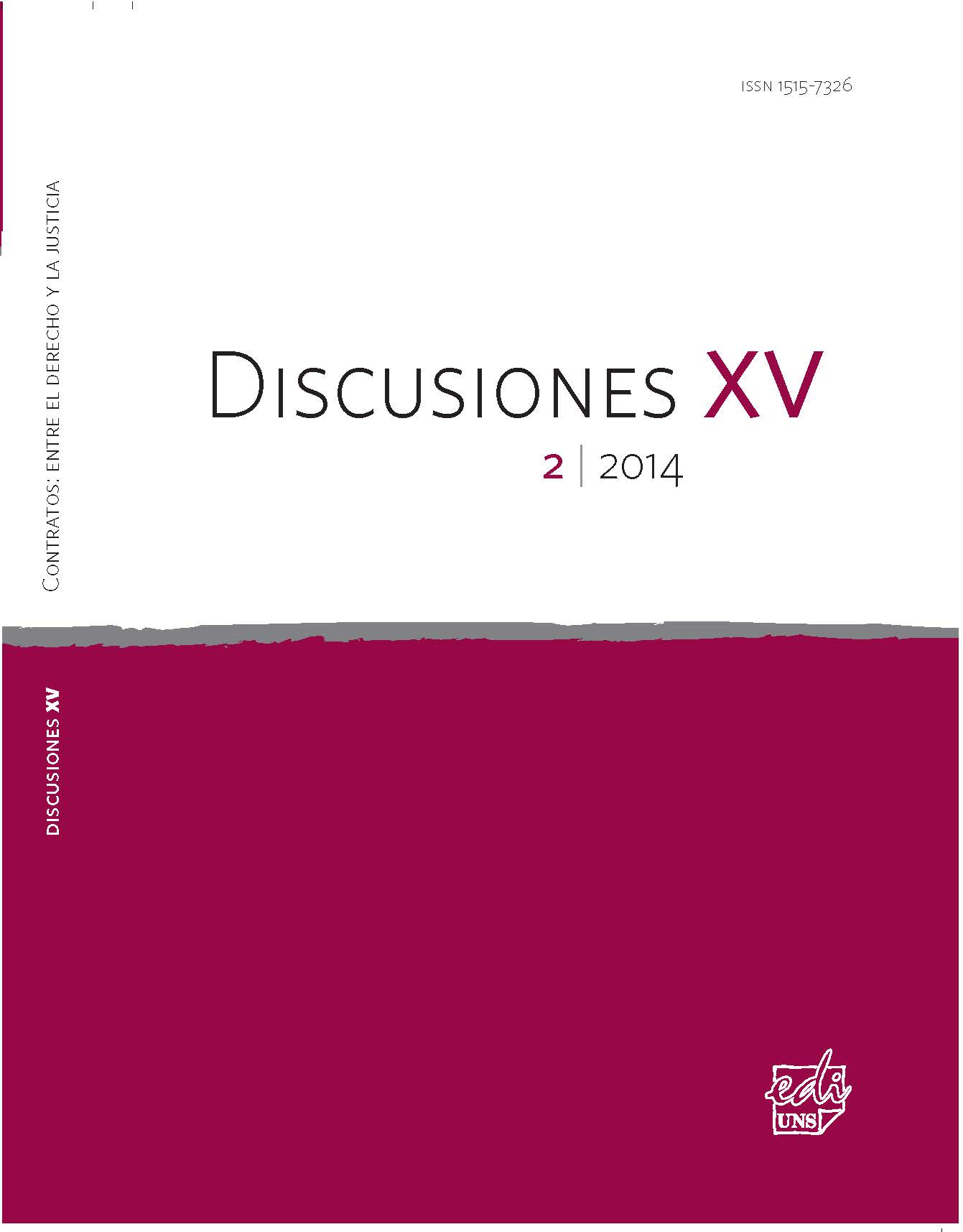Same-gender Union: How Important are Texts and Institutions?
DOI:
https://doi.org/10.52292/j.dsc.2014.2438Keywords:
gender, civil union, marriageAbstract
Together with the international trend, the Federal Supreme Court (STF) of Brazil has decided, unanimously, to allow the fact that two people of the same gender can celebrate a civil union. In this paper, I affirm that although the sentence of the STF has reached important and undeniable substantive progresses on the civil union between people of the same gender, it brings different substantive formal and institutional objections. On one hand, on the normative scope, Brazil has the most specific regulation on marriage and civil union referred to gender matters of all the states analyzed here. On the other hand, on the institutional scope, Brazil is the only country in which the legislative power was completely ignored during the whole process. If the STF had taken seriously the value of the legal text and the institutions, the outcome probably would have been much better for the Court itself, for he Congress, for the civil society as a whole and specially for the same gender couples, who still today do not have the same rights that the couples of the different gender have.
Downloads
Downloads
Published
How to Cite
Issue
Section
License
Discusiones does not withhold rights of reproduction or copyright. Consequently, authors may share the final versions of publications.


